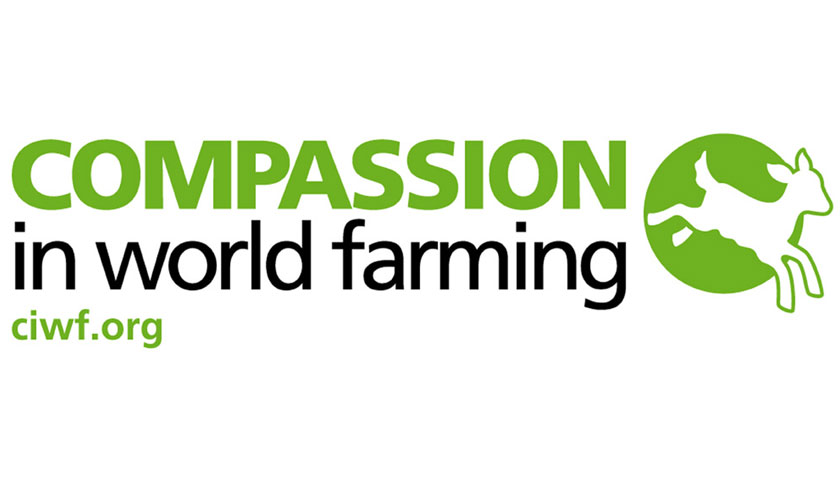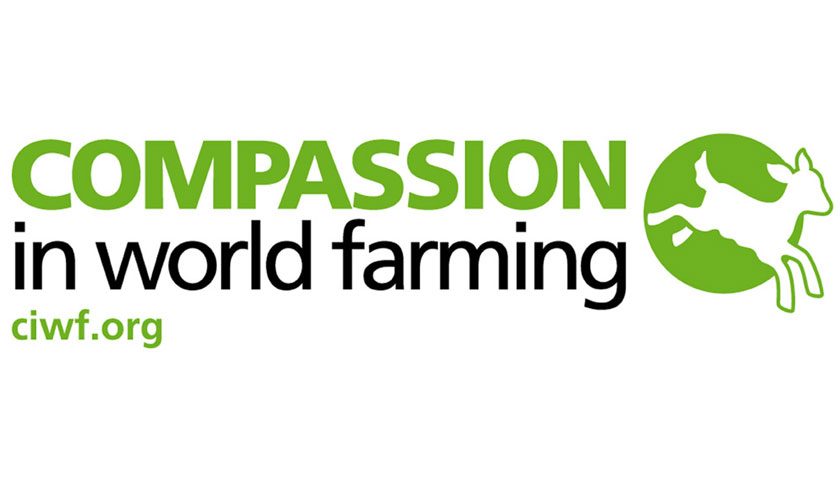With just six months remaining until the 2025 cage-free egg commitment deadline, food companies are in the final stretch to transition their remaining egg supply. The pressure is on as the industry works to meet consumer expectations and honour long-standing animal welfare pledges.
As of March 2025, 82 of the UK egg industry had already shifted to cage-free production, highlighting significant progress and aligning with public expectations. Across Europe, legislative momentum has also been building. Austria has banned enriched cages since 2020, with Germany, the Czech Republic, France, and Wallonia (Belgium) all introducing similar bans between 2026 and 2028.
Public support for cage-free farming remains strong. A More in Common poll commissioned by Compassion in World Farming [September 2024] found that 75% of Britons view the use of cages as cruel, and 67% are willing to pay more for cage-free eggs. Meanwhile, the 2023 Eurobarometer revealed that 94% of EU citizens believe farmed animals should have enough space to move freely, and 89% oppose the use of individual cages.
Compassion’s 2024 EggTrack Spotlight highlights encouraging progress in the UK, with 20 out of 39 tracked companies—including prominent names like Waitrose, M&S, Sainsbury’s, The Co-operative Food, Greggs, McDonald’s, Greene King and Pizza Express—fully cage-free. Others, such as Tesco UK, Aldi UK, and Whitbread PLC are making substantial headway toward fulfilling their commitments but now need to accelerate their efforts to meet the 2025 deadline.
However, not all companies are on track. Several major retailers—including Asda, Lidl GB, and Morrisons—are at risk of missing the deadline, while Spar (UK) Ltd is not reporting. Most concerning is Iceland, which has recently dropped its cage-free egg commitment entirely—a regressive move at a time when both public sentiment and legislative change are clearly moving toward a cage-free future.
Compassion will be seeking updated data for its next EggTrack report, which will be published in 2026 to reflect the progress that has been made throughout 2025. It will be one to watch—celebrating those who met their cage-free commitments and calling out those who fell short.
“The UK is at a tipping point for cage-free eggs. With a growing number of companies already meeting their commitments and a significant percentage of supply already cage-free, there is no excuse for delay,” said Tracey Jones, Global Director of Food Business at Compassion in World Farming. “Companies have had ample time to prepare, and with the 2025 deadline fast approaching, they must act decisively now to honour their commitments—particularly when it comes to shell eggs.
“Voluntary commitments have driven real progress, and the momentum is clear—but to level the playing field and support responsible businesses, we now need cage-free legislation that ensures the entire sector moves forward together.”

